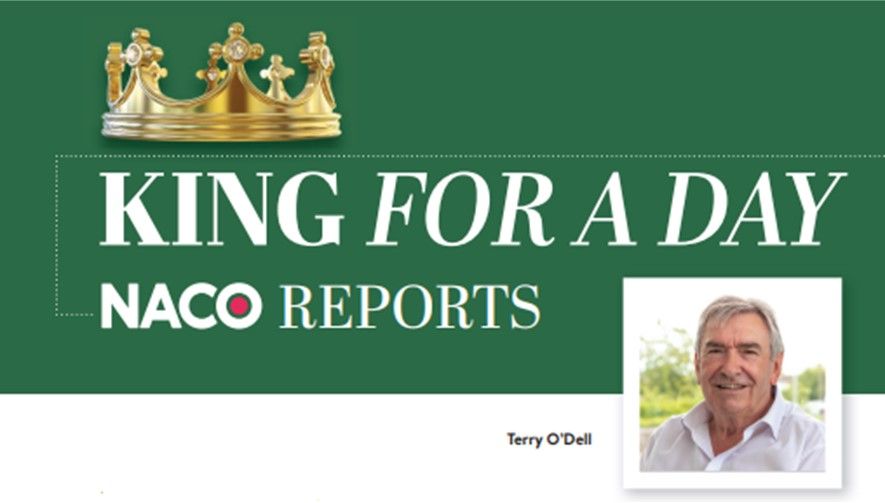
We’re all familiar with the expression “The customer is king” and, as consumers, hope to do business with firms who maintain that ethos. When considering purchasing or upgrading a static caravan or lodge, customers can be led to feel by on-park salesmen that they are king (or, naturally, queen). This is the time to exercise the power invested in you; because, unfortunately, the sovereign situation doesn’t always last.
So, it’s essential to review all contractual documentation o?ered by the park. Is there anything you don’t understand or aren’t happy with? Speak now or forever hold your peace! Is the term of the licence agreement what you were expecting? Does anything in the agreement you’re being asked to sign di¥er from what you were told in the run-up to this momentous juncture? Act now to avoid disappointment!
A classic warning sign is the assurance, “Don’t worry, we don’t insist on that / don’t need that / would never evict someone for that…” What you have in front of you in black and white is what you must be prepared to accept at a later date – possibly years down the line – when a dispute arises over something the salesman told you, which conflicts with the terms of the contract. By that time, the contract is king and the customer is its loyal subject.
From cases we have dealt with over the years, holding a salesman to his word in the face of contradictory written terms is akin to telling Sir Alan Sugar that you don’t actually want to be fired. The salesman in question has probably moved on and the prevailing logic will be that you must have been happy with the terms of the contract – otherwise, why did you sign it? It can be infuriating, so make the most of the time before your crown slips and the red carpet is rolled up.

Of course, one of the biggest alarm bell triggers has to do with the nature of the occupation of the pitch. If you have been told that this will be on a residential basis, but the contract stipulates holiday use only (and these can be quite glaring warning statements) – walk away now. Even in the face of assurance along the lines of: “Don’t worry about that – we don’t operate like that”, abandon the transaction. Because tomorrow you may no longer be king.
Intrigue can also arise over the nature of the actual subject of the purchase. The holiday caravan industry has historically been somewhat lax in the hallmarking, serial-numbering and just plain identifying its products. Identification plates attached to the unit are not uniformly located and sometimes a serial number found on the chassis can refer to the chassis, rather than the unit as a whole. Since there is no law requiring the owner to be able to evidence unique identification, perhaps understandably, there has been no standardisation. This makes it important for you, as customer (and, hopefully, king) to insist (especially) on the year of manufacture being included on the sale document. This may seem pedantic – and we British seem to have an in-built aversion to asking awkward questions – but it’s only at a later date, when it turns out that the caravan is two years older than you were led to believe, that the importance of this royal prerogative hits home.



RELATED ARTICLES - advice and support
Published on 09 March 2023 By Jenny Blumsom